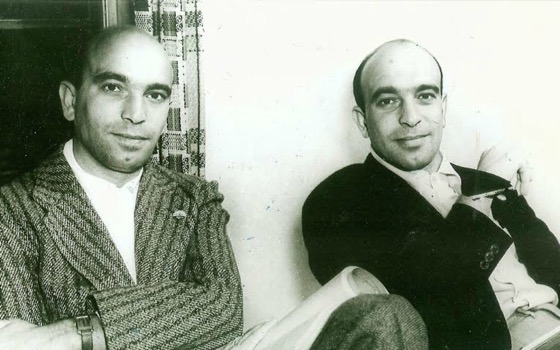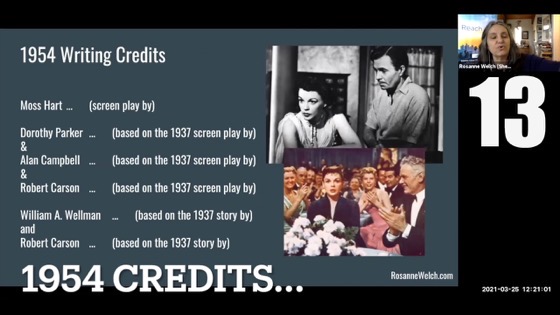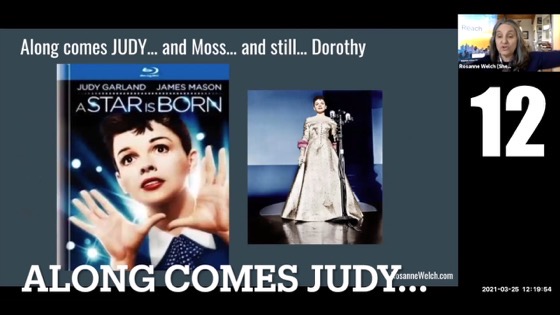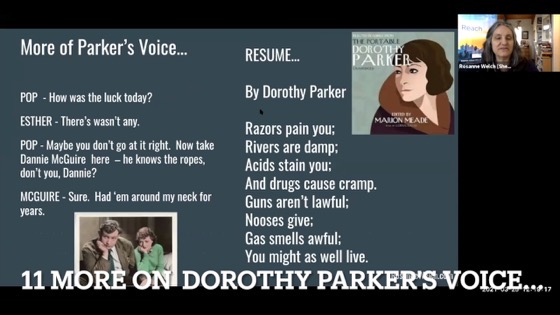While it is fun to look back at this review of Casablanca from when it was released – before anyone knew it would become the classic it is and be voted one of the greatest screenplays of all times – it’s also a reminder of my pet peeve. The reviewer never once names the screenwriters – twins Julius Epstein and Philip Epstein and Howard Koch – in the whole review.
He mentions the producer and the director in the first paragraph. Yet he writes: “through these people, the story of Casablanca is told with expert intensity.” And about the love story, he says: “the triangle is intelligently developed.” And in praise of the director, he notes “the wealth of contributing material that was placed at his disposal” without ever acknowledging the writers who did all of that.
As a final coup de grace he names each of the heads of departments and their “long list of technical achievements”… but never once mentions the writers who envisioned it all – Julius and Philip Epstein and Howard Koch. So I am mentioning them many times in this rant. Jacob and Philip Epstein and Howard Koch created the Casablanca we still watch, love, and teach 80 years after it was written by Jacob and Philip Epstein and Howard Koch.
Read ‘Casablanca’: THR’s 1942 Review from the Hollywood Reporter



![19 What Have We Learned? from Concord Days: Margaret Fuller in Italy [Video]](https://rosannewelch.com/wp-content/uploads/2021/11/rmw-concord-day-2021-fuller-rome-19.jpg)


![18 Tragedy from Concord Days: Margaret Fuller in Italy [Video]](https://rosannewelch.com/wp-content/uploads/2021/11/rmw-concord-day-2021-fuller-rome-18.jpg)

![17 A Fateful Voyage from Concord Days: Margaret Fuller in Italy [Video]](https://rosannewelch.com/wp-content/uploads/2021/11/rmw-concord-day-2021-fuller-rome-17.jpg)




![16 The Trip Home from Concord Days: Margaret Fuller in Italy [Video]](https://rosannewelch.com/wp-content/uploads/2021/11/rmw-concord-day-2021-fuller-rome-16.jpg)